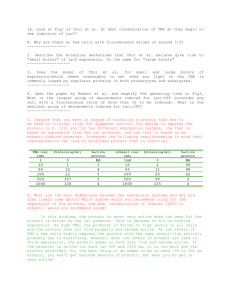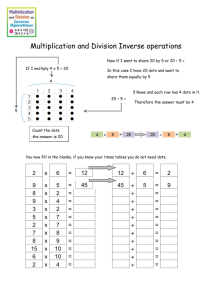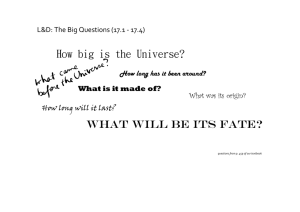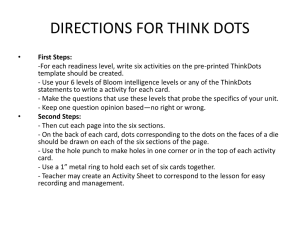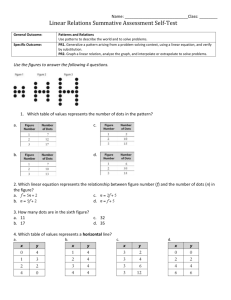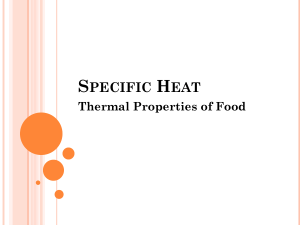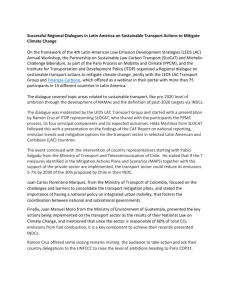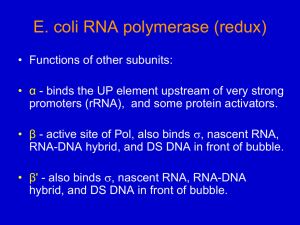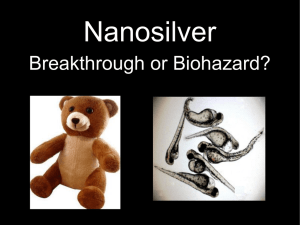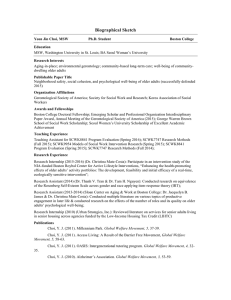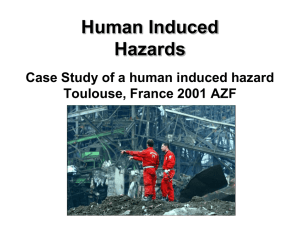Problem Set 8
advertisement
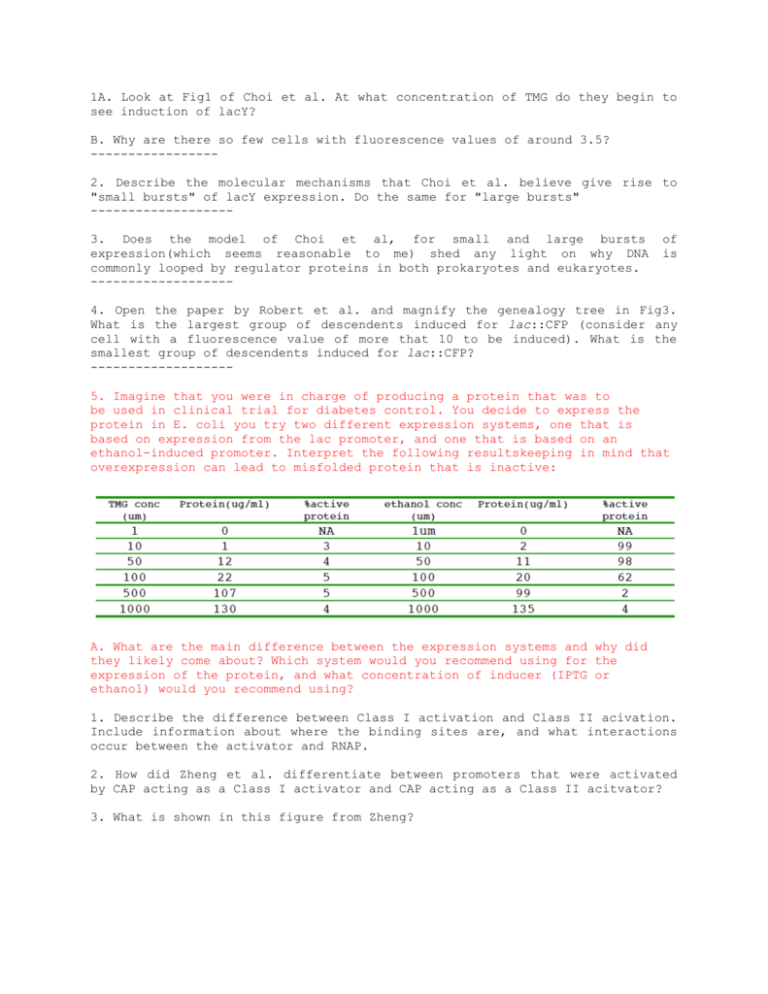
1A. Look at Fig1 of Choi et al. At what concentration of TMG do they begin to see induction of lacY? B. Why are there so few cells with fluorescence values of around 3.5? ----------------2. Describe the molecular mechanisms that Choi et al. believe give rise to "small bursts" of lacY expression. Do the same for "large bursts" ------------------3. Does the model of Choi et al, for small and large bursts expression(which seems reasonable to me) shed any light on why DNA commonly looped by regulator proteins in both prokaryotes and eukaryotes. ------------------- of is 4. Open the paper by Robert et al. and magnify the genealogy tree in Fig3. What is the largest group of descendents induced for lac::CFP (consider any cell with a fluorescence value of more that 10 to be induced). What is the smallest group of descendents induced for lac::CFP? ------------------5. Imagine that you were in charge of producing a protein that was to be used in clinical trial for diabetes control. You decide to express the protein in E. coli you try two different expression systems, one that is based on expression from the lac promoter, and one that is based on an ethanol-induced promoter. Interpret the following resultskeeping in mind that overexpression can lead to misfolded protein that is inactive: A. What are the main difference between the expression systems and why did they likely come about? Which system would you recommend using for the expression of the protein, and what concentration of inducer (IPTG or ethanol) would you recommend using? 1. Describe the difference between Class I activation and Class II acivation. Include information about where the binding sites are, and what interactions occur between the activator and RNAP. 2. How did Zheng et al. differentiate between promoters that were activated by CAP acting as a Class I activator and CAP acting as a Class II acitvator? 3. What is shown in this figure from Zheng? What exactly to the red dots represent? What do the green dots represent? Whey are there more red dots than green ones? 4. What data/experiments showed that the -subunit of RNAP was important for gene activation by CAP?
